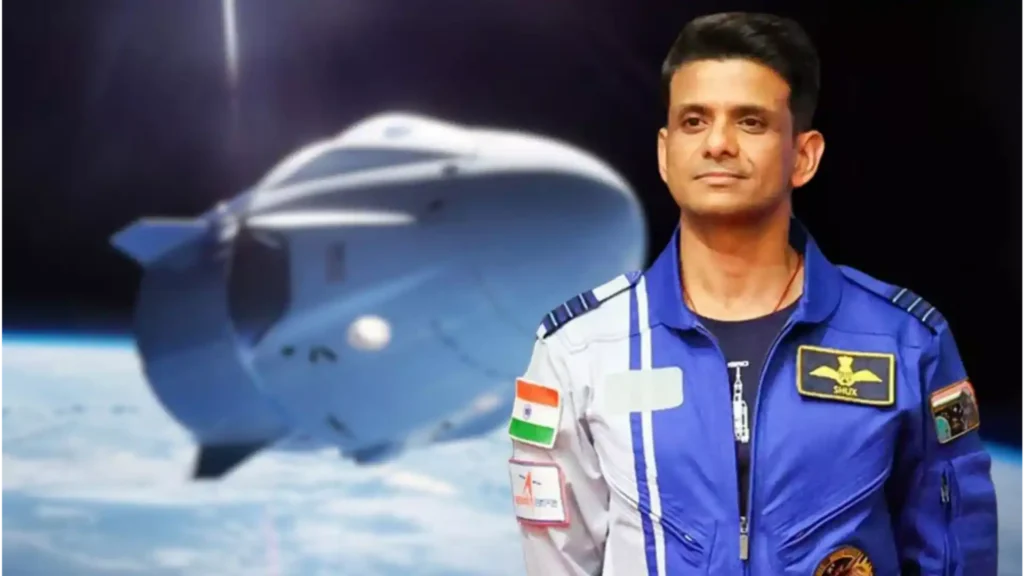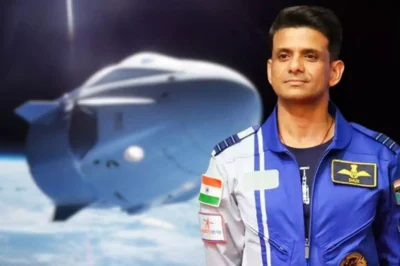
Introduction
Indian Air Force Group Captain Shubhanshu Shukla was poised to make history as the first Indian astronaut to travel to the International Space Station (ISS) aboard the Axiom Mission 4 (Ax-4). Initially scheduled for June 10, 2025, the launch from NASA’s Kennedy Space Centre was delayed to June 11 due to adverse weather conditions. However, the mission has now been postponed indefinitely following the detection of a liquid oxygen leak during a routine static fire test of the Falcon 9 rocket.
Mission Overview
The Ax-4 mission is a collaborative effort between Axiom Space, NASA, SpaceX, and the Indian Space Research Organisation (ISRO). The crew comprises Commander Peggy Whitson, Pilot Shubhanshu Shukla, and mission specialists Sławosz Uznanski-Wisniewski from Poland and Tibor Kapu from Hungary. The mission aims to transport the crew to the ISS for a 14-day stay, marking India’s return to human spaceflight after four decades.
Technical Challenges
The latest delay stems from a liquid oxygen leak identified during a static fire test of the Falcon 9 rocket. This test, conducted to verify the rocket’s readiness for launch, revealed the leak in the propulsion bay. ISRO Chairman V. Narayanan confirmed the issue, prompting joint discussions among ISRO, SpaceX, and Axiom to resolve the problem and conduct necessary validation tests before proceeding.
Weather Concerns
Prior to the technical issue, the launch was postponed from June 10 to June 11 due to unfavourable weather conditions at the launch site. SpaceX and NASA had planned to conduct an ‘L-8 hour weather briefing’ to assess conditions, with the final decision to proceed with the launch hinging on this evaluation. The weather-related delay highlighted the critical role of environmental factors in space missions.
Significance of the Mission
Shubhanshu Shukla’s participation in the Ax-4 mission is a significant milestone for India. As the first Indian to live and work aboard the ISS, Shukla’s journey underscores India’s growing capabilities in space exploration. The mission also reflects increasing international collaboration in space travel, particularly through private partnerships.
Educational Outreach
In anticipation of the launch, educational institutions in India have engaged in outreach activities to inspire students. Narbheram Hansraj English School in Jamshedpur, for instance, is hosting an official ‘watch party’ for the Ax-4 launch. The event aims to foster interest in space science and technology among students, highlighting the importance of education in nurturing future space explorers.
Conclusion
While the delay of the Ax-4 mission is disappointing, it underscores the complexities and challenges inherent in space exploration. The collaboration between ISRO, SpaceX, NASA, and Axiom Space exemplifies the global efforts to advance human spaceflight. As engineers work to resolve the technical issues and ensure the safety of the mission, the world eagerly awaits the day when Shubhanshu Shukla will embark on his historic journey to the ISS.








































Leave a Reply